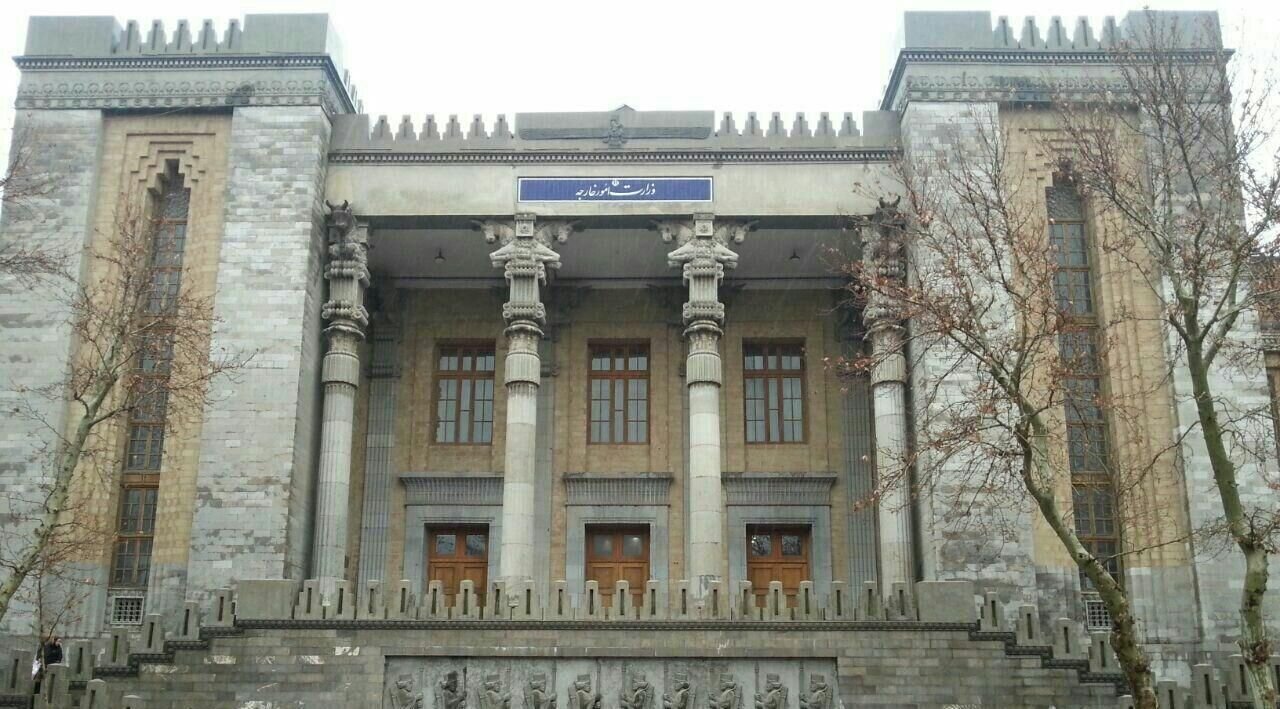Renewing ties with Riyadh shows Iran’s commitment to advance regional interests: Foreign Ministry

TEHRAN- An agreement between Iran and Saudi Arabia to renew diplomatic ties, according to the Iranian Foreign Ministry, is evidence of the Islamic Republic’s determination to safeguard the rights of Iranians, Muslim nations, and friendly countries in the West Asian region.
The ministry made the comments in a statement late on Saturday.
After three days of intense discussions in Beijing, which ended on Friday, negotiators from Iran and Saudi Arabia signed an agreement to restore diplomatic ties within two months.
The negotiations were mediated by China.
“With this momentum, the Iranian government showed that it is strongly determined to realize the interests of Iranians, Muslim nations as well as friendly and neighboring countries, tap regional capacities in order to promote peace and overall stability, and realize common interests of regional governments and nations,” the Foreign Ministry stated.
It went on to say that the restoration of ties with Saudi Arabia is a step in the right direction for the administration of Iranian President Ebrahim Raisi in pursuing a well-balanced foreign policy doctrine, active diplomacy, and putting good neighborliness policies into practice.
In serving the shared interests of the two regional behemoths and other nations in West Asia, it also reinforced the “positive outcomes” of the rapprochement between Saudi Arabia and Iran.
The Iranian Foreign Ministry also expressed appreciation to China, Iraq, and Oman for their assistance in mending ties between Iran and Saudi Arabia.
Prior to clinching the agreement, Baghdad and Muscat hosted talks between Iran and Saudi Arabia.
“Iran-Saudi appeasement hastens Yemen cease-fire”
According to Iran’s permanent representative to the UN, the agreement between Iran and Saudi Arabia will help bring about a truce in Yemen.
The remarks were made in a statement by the New York-based mission on Saturday, one day after the two sides clinched the accord.
The Iranian mission asserted that the restoration of ties will have “positive” effects on all three bilateral, regional, and global levels, especially in terms of relations with the rest of the Muslim world.
“Resuming political ties between Iran and Saudi Arabia appears to speed up the realization of a ceasefire in Yemen, the beginning of popular dialogue there, and creation of an inclusive national government in the war-devastated country,” it said.
“Iran-Saudi accord essential to thwart external intervention in region”
China has also applauded the deal between Iran and Saudi Arabia after seven years of animosity, saying the deal will assist the region’s nations in ending external influence and taking control of their own future.
“The dialogue and agreement between Tehran and Riyadh provided a good example of how nations within the region can settle disputes and disagreements and establish good neighborliness and friendship via communication and consultation,” a spokesperson for the Chinese Foreign Ministry said on Saturday.
Beijing has no self-serving interests in West Asia, the spokesman said, adding, “China respects the status of the nations in the region, and Beijing rejects geopolitical competition in this region.”
The diplomat added, “China has consistently held the view that the Middle East’s [West Asia] destiny belongs entirely to the regional nations. China consistently encourages Middle Eastern states to resolve disagreements through conversation and consultation in order to cooperatively advance the region’s long-term peace and stability, and China encourages Middle Eastern people to independently explore their own development pathways.”
The spokesman also highlighted, “China will continue to play its role as a responsible major country in this process and offer its views and recommendations to establishing tranquility and security in the Middle East.”
The Saudi kingdom broke ties with Iran in January 2016 after a mob of Iranian protestors stormed the Saudi embassy in Tehran in response to the execution of influential Shia cleric Sheikh Nimr Baqir al-Nimr.
The attack on the embassy at the time was condemned by top Iranian officials, including the Leader of the Islamic Revolution.
Leave a Comment